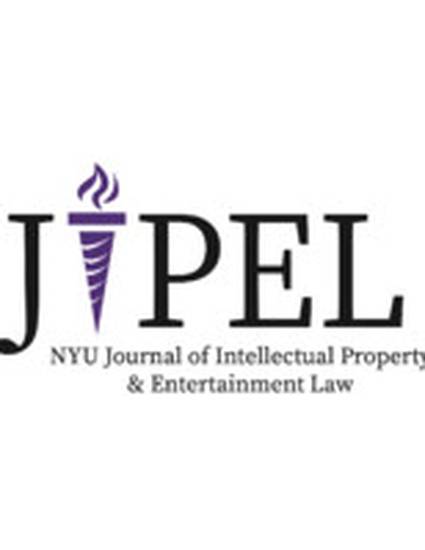
In light of the recent outrageous price-spiking of pharmaceuticals, this Article questions the underlying justifications for exclusive rights conferred by the grant of a patent. Traditionally, patents are defined as property rights granted to encourage desirable innovation. This definition is a misfit as treating patents as property rights does a poor job of defining the limits of the patent rights as well as the public benefit goals of the system. This misfit gradually caused an imbalance in the rights versus duties construct within patent law. After a thorough analysis of the historical and philosophical perspectives of patent exclusivity, this Article concludes that the extent of exclusivity that patent monopoly currently bestows is unsupported by the philosophy of patent exclusivity that asserts strong public benefits. Alternatively, this Article presents the law of contracts as embodying a framework within which patent law can fit better. By viewing the grant of a patent as a contract with the government in exchange for the patent holder providing a benefit to society, patent owners shall have duties to the society that correspond to their rights under the patent.
Available at: http://works.bepress.com/srividhya_ragavan/223/
